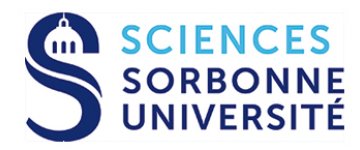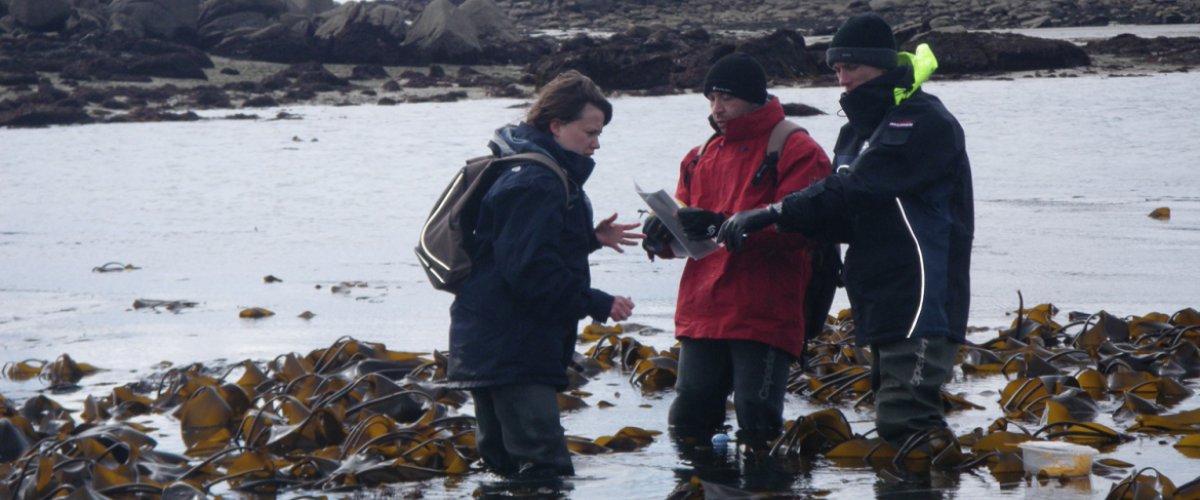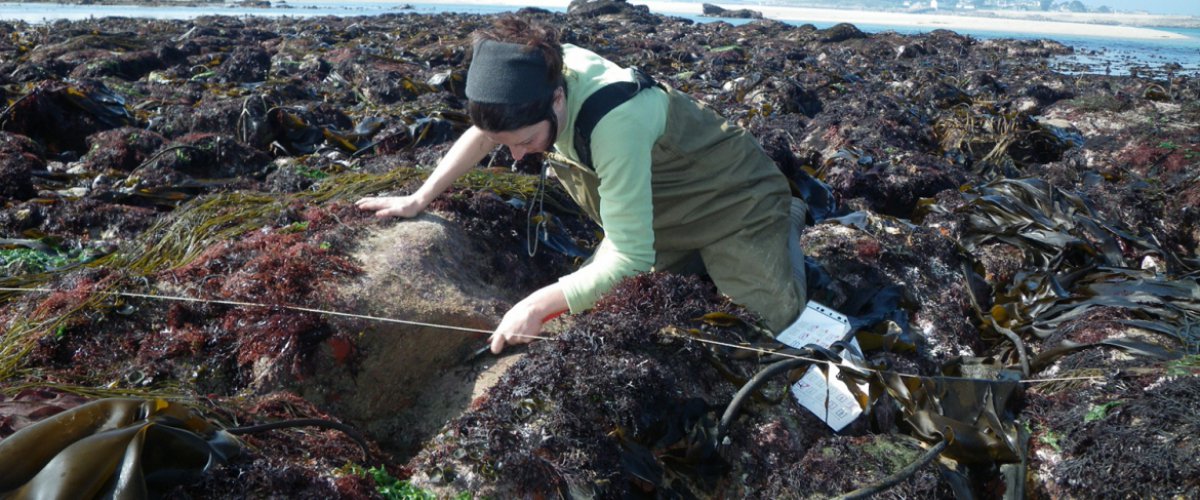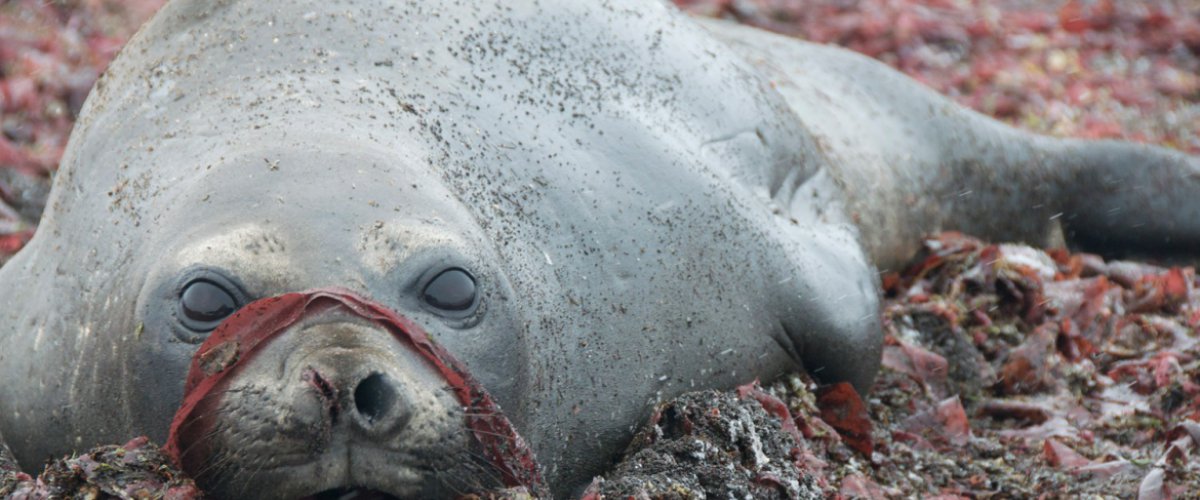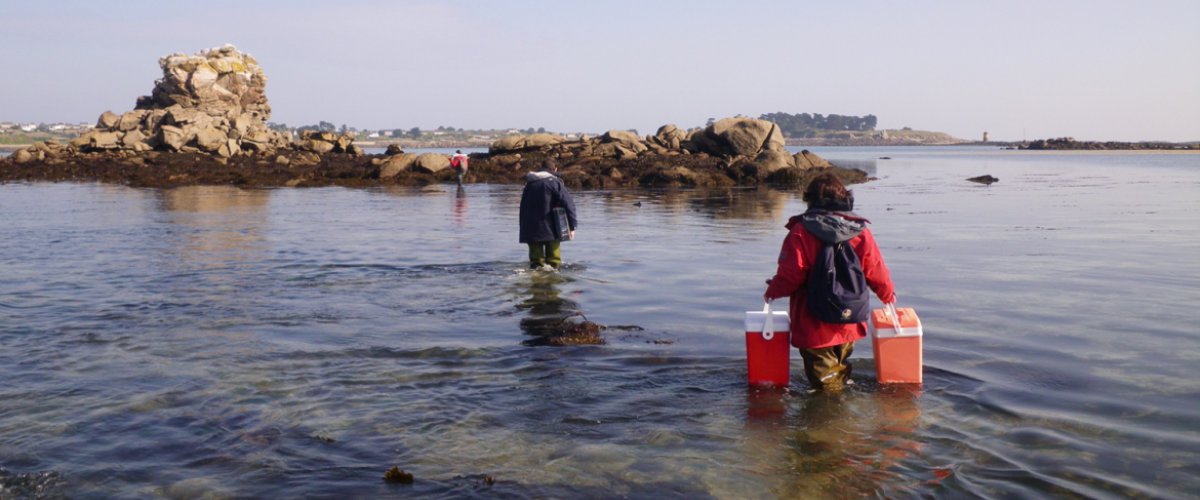Presentation
Biodiversity and evolution of marine algae
Presentation
a diversity of approaches
The EBEA (Evolutionary Biology and Ecology of Algae) international unit comprises three groups in France and Chile, located in Station Biologique de Roscoff (SBR, France), Pontificia Universidad Catolica de Chile (PUCCh) in Santiago and Universidad Austral de Chile (UACh) in Valdivia. Members have been working together since 1997, and a strong collaboration has been built up since that time. The goal of the unit is to develop research on the dynamics of biodiversity of marine micro and macroalgae, characterized by complex life cycles and often living in contrasted habitats. We work on a variety of biological models and ecosystems (both coastal and open-ocean) in Europe and Chile, and use a diversity of approaches: population genetics and genomics, phylogeography, field ecology, experimental evolution, mathematical modeling. We are interested in a wide range of biological questions, from the evolution of sex, life cycles and mating systems to the genetics of adaptation and speciation, but also work on more applied issues related to algal cultivation and conservation of marine resources.
Roscoff's Biological Station offers the help of research vessels, diving and sampling devices; it also provides access to technical and technological platforms for biological and ecological research, with support from highly qualified technical staff and up-to-date equipments for histology, microscopy, imaging, flow cytometry, cell culture facilities and culture collections, next generation sequencing, transcriptomics, proteomics and bioinformatics. The marine station of Las Cruces (PUCCh) has considerably improved its research infrastructure and increased its international recognition as South-Eastern Pacific coastal laboratory. Both marine stations provide an exceptional environment for accessing coastal ecosystems, doing experimental research and seaweed cultivation, and organizing workshops and courses. The UMI members from the PUCCH have established shared laboratory facilities for advanced analyses, including extensive algal and micro-algal culture facilities, the Molecular Diversity laboratory providing Sanger sequencing and genotyping services as well as open and shared laboratory facilities for routine molecular and biochemical studies, and a Metal Analysis laboratory; soon to be included will be an advanced flow cytometry laboratory. PUCCH also provides UMI researchers with access to advanced microscopy facilities (scanning and transmission electron microscopes and advanced confocal microscopes), next-generation sequencing, and is establishing a new biogeochemical analysis facility with stable isotope capacity. Finally, the PhD program in Ecology and Evolution at Universidad Austral de Chile has been awarded a MECESUP grant that is aimed at setting up a core facility for functional genomics, bioinformatics and genotyping.
